“I vividly remember Dad doing haymaking, weaving in and out of wooden poles which marked where the Pavilions was going to be,” says Catherine Withers. “It had a really deep impact.”
We’re speaking at Yew Tree Farm, which her family arrived at in the 1960s. It sits just off the Bridgwater Road at Bristol’s southwestern border, where a narrow lane offers an entrance to one of the most remarkable wildlife sites in the city limits.
Ecological surveys have shown the land, famously Bristol’s last working farm, provides a home to numerous protected species including adders, dormice and skylarks within its verdant, hilly landscape – part of the iconic view from the suspension bridge.
A year ago the entrance at Bridgwater Road was bordered on both sides by thick hedgerows, which experts recognise form vital networks crucial for wildlife preservation. But the hedgerow which borders the field – owned by the developer Newcombe Estates – is now unrecognisable, severely cut back in February this year by a private contractor hired by the field’s current tenant.
It led to an Avon and Somerset Police investigation after they were told it contained hibernating dormice. An earlier hedgerow removal on the same hedge, in which a section was cut out to add a rubble-strewn gate, was accidentally permitted by Bristol City Council.
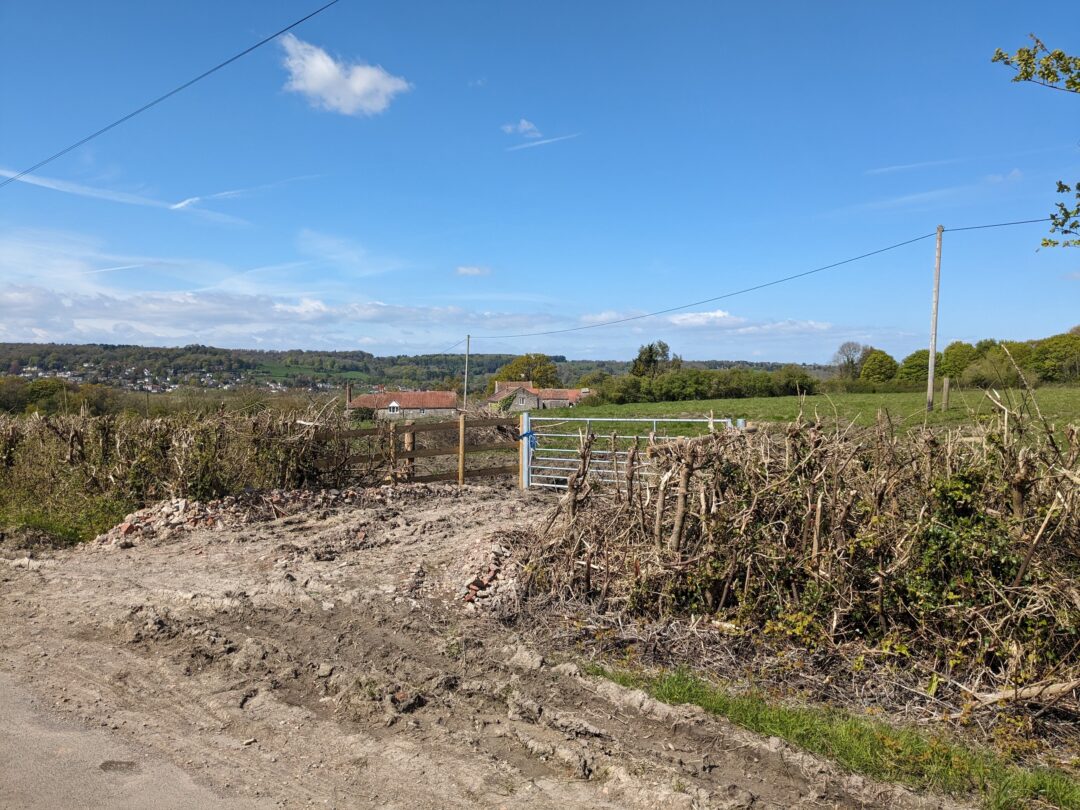
Separately, around half a mile away, controversial plans were granted in November 2023 to expand South Bristol Cemetery and Crematorium onto council land, which has historically been rented as part of Yew Tree Farm.
As a result, Withers has been simultaneously fighting two developments by powerful organisations that would sharply reduce the size of Yew Tree Farm and threaten its precious wildlife. She has since been evicted from both pockets of land.
The Green Party joined Withers in opposing the developments and was critical of the approach taken by Labour, under Mayor Marvin Rees, at Yew Tree Farm. In February, it issued a statement calling on the council to “review and rethink” the crematorium expansion in line with commitments made as part of its declaration of an ecological emergency.
In May, the Greens won an historic local election victory in Bristol, handing them the keys to enact change rather than just lobbying for it. In July, the Green council leader Tony Dyer launched an investigation into the decision making process and a few weeks later he ordered a pause on any activity at the farm until the investigation is completed, after evidence came to light of damage to nesting bird sites. But how did we get here, and are the Greens going to save Yew Tree Farm?
The backstory
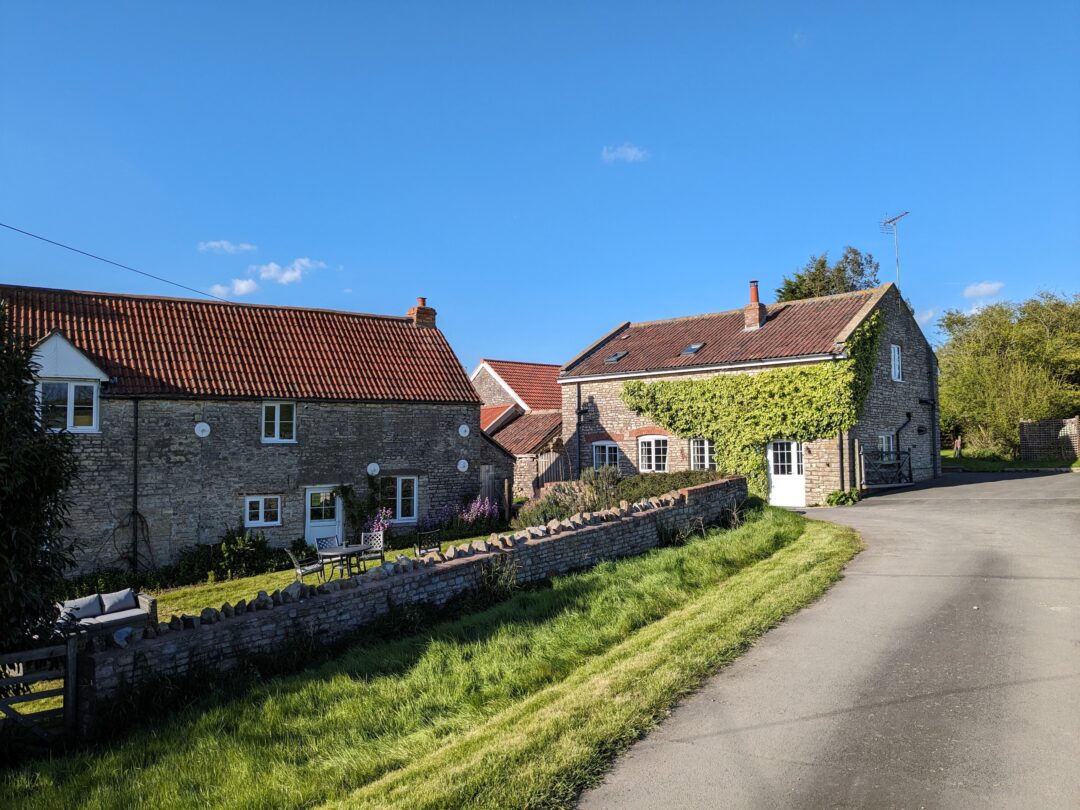
The Withers family took ownership of 24 acres of land at Yew Tree Farm in the 1970s via an agreement to relinquish tenancy on land used to build the former Central Electricity Generating Board Headquarters. Alongside this, the family continued renting Newcombe Estates’ field and the Council land.
The cemetery expansion granted last autumn is one of a series of planned developments Withers has fought at Yew Tree Farm. This included successfully challenging a plan for a park and ride to be built on land near the farm and later ensuring that a linking road, Colliters Way, which was opened in 2016, did not cut across the land.
But in 2020 Newcombe Estates, alongside Redrow Homes, signalled plans to build 200 homes on the field by requesting a screening opinion on whether an Environmental Impact Assessment would be required for the proposed development.
It is part of the Yew Tree Farm Site of Nature Conservation Interest (SNCI) – a local designation selected by the council for its biodiversity and environmental importance.
This status should prevent the kind of development Newcombe Estates have explored. Degradation of important habitats like the damage to the hedgerow is therefore significant as it could be destructive to the biodiversity of the site and contribute to it losing its SNCI status.
Have red lines been crossed?
The majority of the council’s cemetery expansion plan on the other side of the farm, meanwhile, is situated on Colliters’ Brook SNCI. Bristol is rapidly running out of burial space and the scheme includes two new plots plus an attenuation pond and drainage infrastructure, to mitigate flooding, which will require excavation with heavy machinery.
Campaigners argue though that SNCI designations are not effective in protecting local wildlife sites. “I would say that Local Wildlife Sites and SNCIs do not have adequate protection,” says Emma Montlake from charity the Environmental Law Foundation. “They are designated at the local level through local authority selection but have no statutory protection.
“Whilst they are recognised as having importance locally, and having recognised features, that does not translate into national protection,” she adds.
Avon Wildlife Trust (AWT) has been prominent in its criticism of the cemetery expansion plan arguing that it undermines the purpose of SNCis and has implications for the protection of the natural environment throughout Bristol.
AWT’s George Cook said: “An SNCI designation should protect a site like this from development… Unfortunately, this story has the potential to set a very troubling precedent on the council being able to ignore them to approve developments that they want.
“We said it’s a slippery slope, and there isn’t much slope left,” he added.
The previous Labour administration, though, said the cemetery expansion was consistent with its environmental agenda, necessitated by a need for burial space it claimed cannot be met elsewhere.
Speaking to the Cable before the election, Ellie King, who was then the cabinet member for public health and communities, said: “Describing the expansion of South Bristol cemetery as ‘development’ inadequately describes what’s happening.
“These plans not only protect the SNCI but enhance it,” said King. “Cemeteries are low-impact developments and done well, they can be nature rich as well as peaceful and beautiful places to remember a loved one.” She cited the inner-city Victorian Greenbank and Arnos Vale cemeteries as examples.
‘Personal and very political’
Withers says the council’s approach around the Newcombe and Redrow proposals, and cemetery expansion, has felt different to when she challenged previous developments. “It felt as if the other two applications were dealt with very fair-handedly and non-politically,” she says. “I would say these last two have been entirely political and dirty.”
She says councillors wrote to people she works with to try to “discredit my opinions on what harm is going to happen on the farm”. Withers adds that local journalists told her a senior official in the previous Labour administration had suggested they write about a family dispute the official learned of.
This contrasts with Withers’ experience in the local community, which she says has provided “so much support” to keep fighting. “It’s from everyone: meat eaters, non-meat eaters, people who are really into wildlife and people into locally produced food,” she says. “The only people who are not supportive are those who want to exploit the farm for things other than farming – it’s a land grab and a power grab.”
Danica Priest, a local environmental campaigner and Green Party candidate at the recent local elections, has campaigned alongside Withers to protect Yew Tree Farm.
“There’s been a lack of transparency and a lack of impartiality with the planning officers on the crematorium application,” she says. “The site visit was done by the officer promoting the application which is not supposed to be done, site visits are supposed to be impartial.”
Priest claims the council’s approach reflects wider issues within its under-resourced planning department, which critics accused of being politically influenced during the last administrations.
The November 2023 committee meeting where the cemetery application was granted certainly showcased some of the dysfunction in the local system. The committee chair, Green councillor Ani Stafford-Townsend, accused the council of lying about exploring alternative sites. The head of planning suggested Avon Wildlife Trust did not understand the application they were objecting to. And the committee received an ecological report key to the decision-making process only hours before the start of the meeting.
Why hasn’t the council planned for burial space?
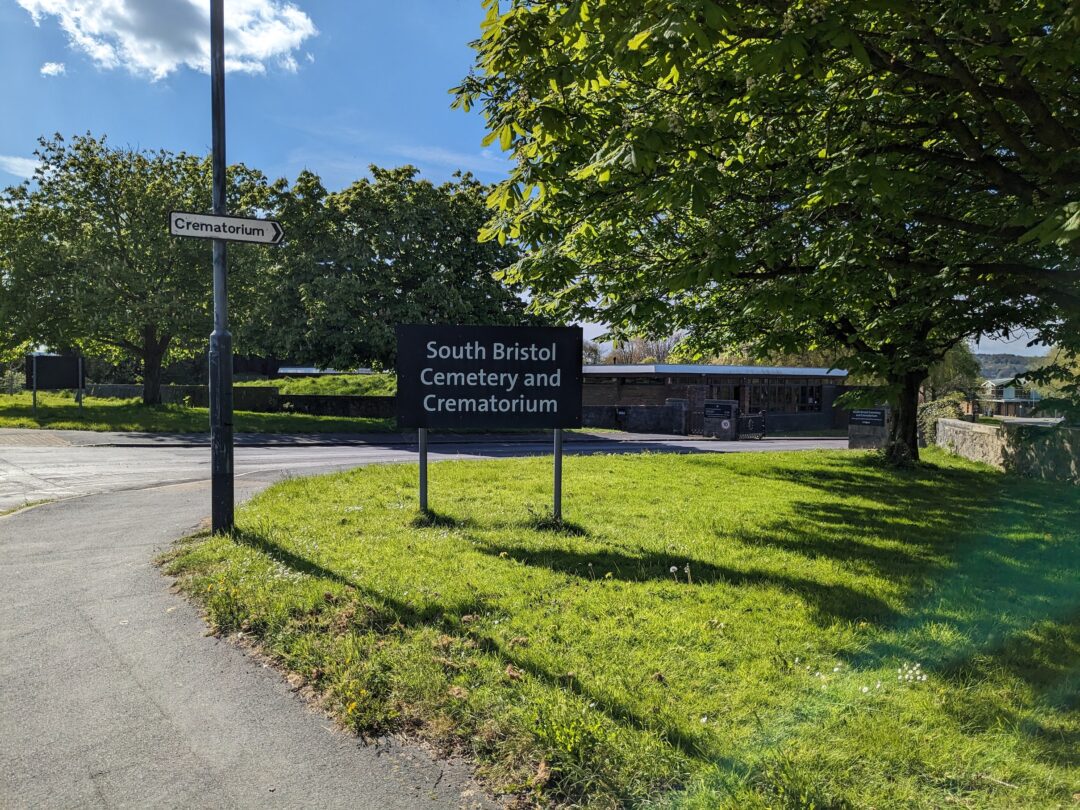
Looking at the bigger picture, it might seem strange that a city would find itself in the midst of such acrimony because of a lack of burial space. But research carried out in 2021 by Katie McClymont, a professor of urban planning at the University of the West England (UWE), found few councils actively plan for new cemeteries.
“It is at the bottom of a long list – housing, transport, infrastructure, retail, employment – and planners are overstretched,” she says.
Many South Bristol Cemetery expansion critics have pointed to a lack of strategy on the part of the council. It has not published information on any of the specific sites it says were looked at as alternatives – prompting Stafford-Townsend to say she was “not prepared to take [their] word” that this had even happened.
Ellie King told the Cable that other cemeteries and council sites had been looked at between 2020 and 2022. “Most were discounted due to unsuitable topography, flood zones, previous landfill sites, lack of accessibility or pre-existing use for example, parks,” she said. “An entirely new site would have led to pressure on another larger green space, prohibitive costs, and larger embodied carbon emissions due to the need to construct new facilities and infrastructure for a cemetery.”
Mixed messages
Following scrub clearance in July, images appeared to show bird’s nests damaged. The council denied this damage had taken place and said scrub clearance had been supervised by an ecologist.
Withers said in a statement to the environment and sustainability policy committee on 25 July: “We were hoping that political change would stop the destruction of the farm. But again it seems we have breaches of planning, enforcement doesn’t exist in Bristol. The scrub removal happened outside the remit of any proposed plans.
“Who is available to hold officers to account when you get failed, like I have yet again? Who do I turn to? I don’t know where to go any more, I’m really losing faith. The farm is batting way above itself in biodiversity — and yet here we again, more habitat destruction.”
This incident, and mixed signals from the Green Party, has contributed to a lack of clarity on the new administration’s ability to deliver on previous commitments before the election.
Keep the Lights On
Investigative journalism strengthens democracy – it’s a necessity, not a luxury.
The Cable is Bristol’s independent, investigative newsroom, producing award-winning journalism that shines a light into the depths of what’s happening in Bristol. We’re able to do this because we’re owned and steered by more than 2,500 local members – not shareholders, vested interests or press barons.
We are on a mission to become sustainable – will you help us get there?
Join the Cable todayIn February, the Bristol Greens issued a statement calling for an “immediate end to all destructive activity taking place” on the farm. They urged the council to stop all work, until an investigation takes place into previous incidents of ecological damage.
But emails seen by the Local Democracy Reporting Service show Patsy Mellor, director of place and management saying at the end of June “the leader is fully briefed and supportive” in relation to cemetery expansion plans.
On 12 July, the council told the Cable that no review had taken place in relation to the cemetery expansion plan. But the Greens have since said that an investigation was launched on 9 July into the decision-making process at Yew Tree Farm.
The review was launched by Council Leader, Tony Dyer. He told the Cable: “I have paused any further works on the council-owned land within the Colliters’ Brook SNCI, subject to a review in order to ensure we are both able to protect important nature conservation sites whilst delivering our statutory responsibilities as a local authority to provide adequate burial spaces. This review is expected to be completed within two weeks.”
A few days later, the Greens said that Cllr Dyer does not have the power to overturn the decision of the previous administration to go ahead with the cemetery expansion, but a decision would be made by the public health and communities committee in October, when the findings of the investigation are presented. The chair of the committee is Lib Dem Steven Williams, and the vice-chair is Labour’s Emily Clarke.
“The cemetery expansion seems like the easy option,” Withers said. “But it’s the wrong decision that’s hugely problematic on so many levels for nature in the city. And sometimes wrong decisions need to be revisited before it’s too late.”
“I am looking into a judicial review into the application process and am hoping to work with the Greens while their investigation is ongoing to get this decision to destroy an SNCI quashed.”
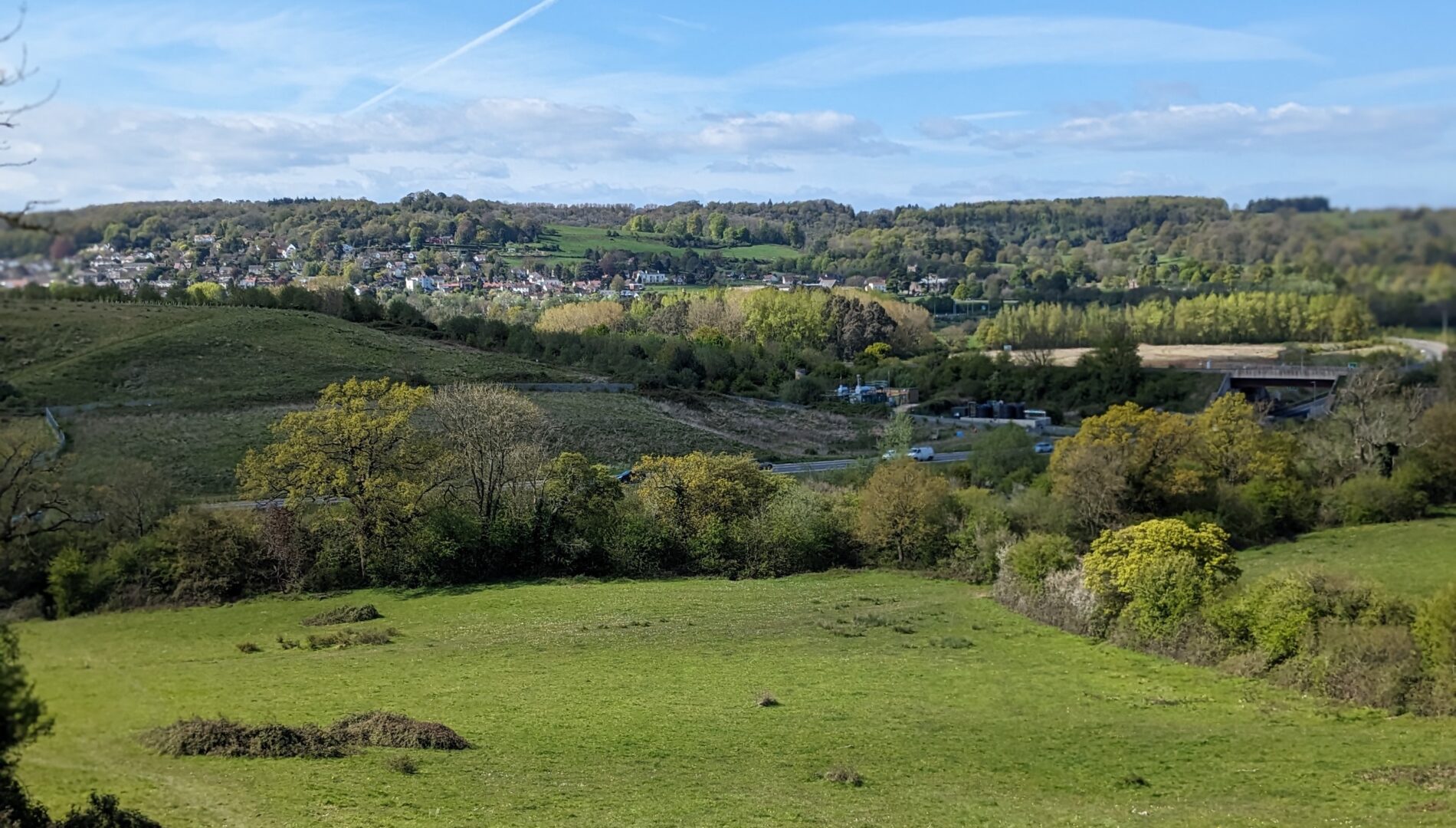




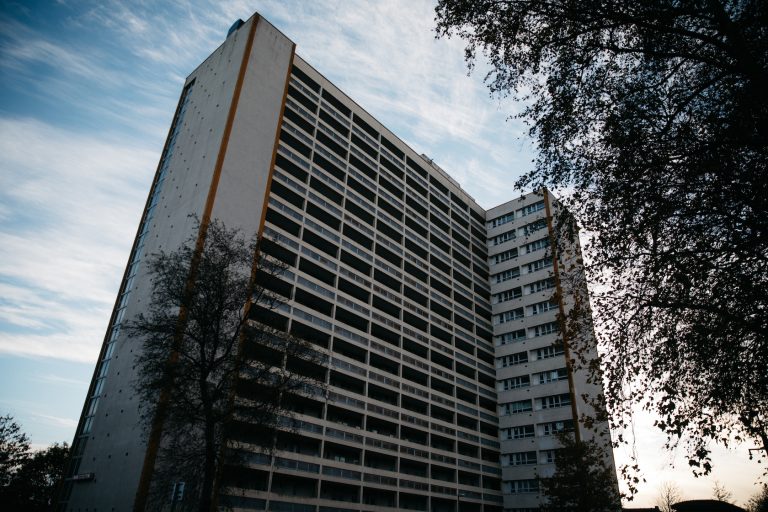


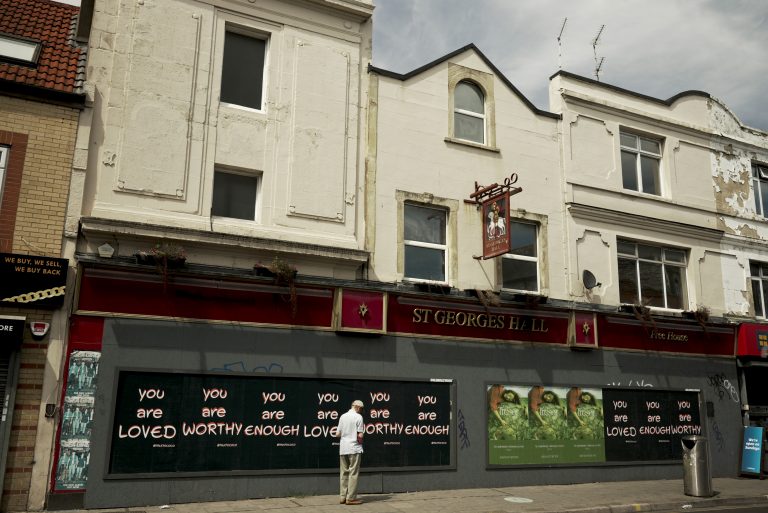
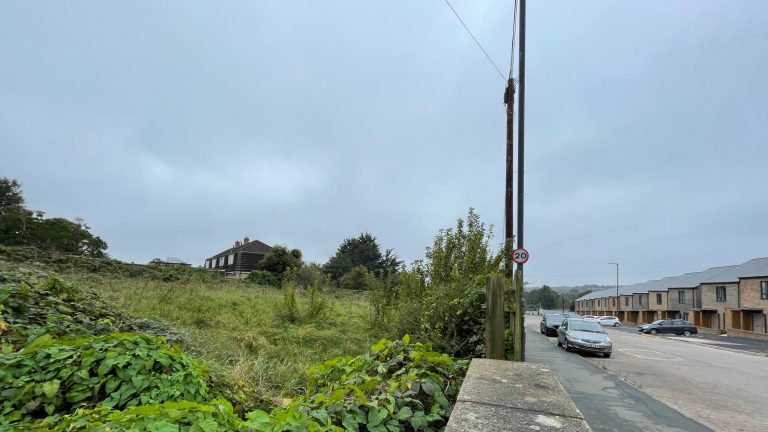
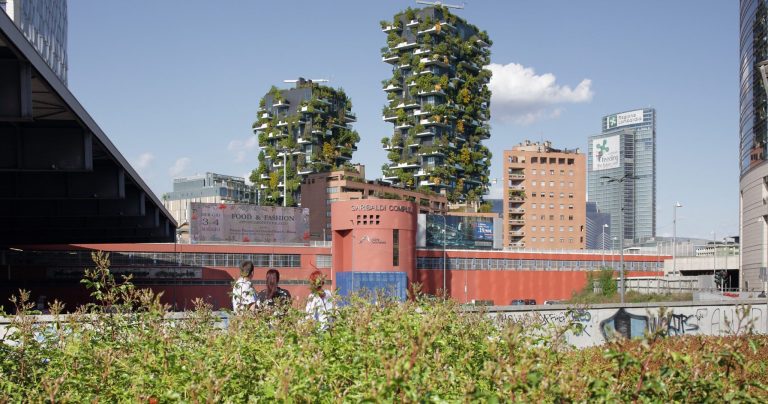
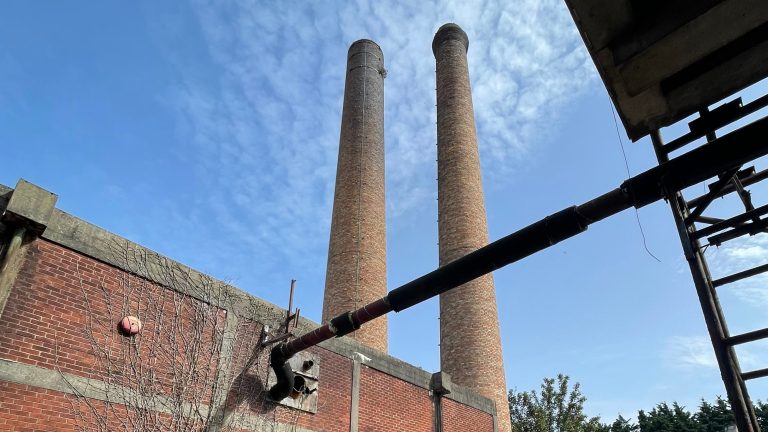


Report a comment. Comments are moderated according to our Comment Policy.
It’s the living that matter, the dead don’t care where they are buried! So stop the proposed destruction of Yew Tree farm.
I’m sure relatives of the dead would not be happy to realise that wildlife was going to be destroyed.
Why not scatter the ashes of the dead at Yew Tree farm then there would be no need for more burial land. A plaque could be erected with names of those whose ashes helped save the wildlife of Bristol.